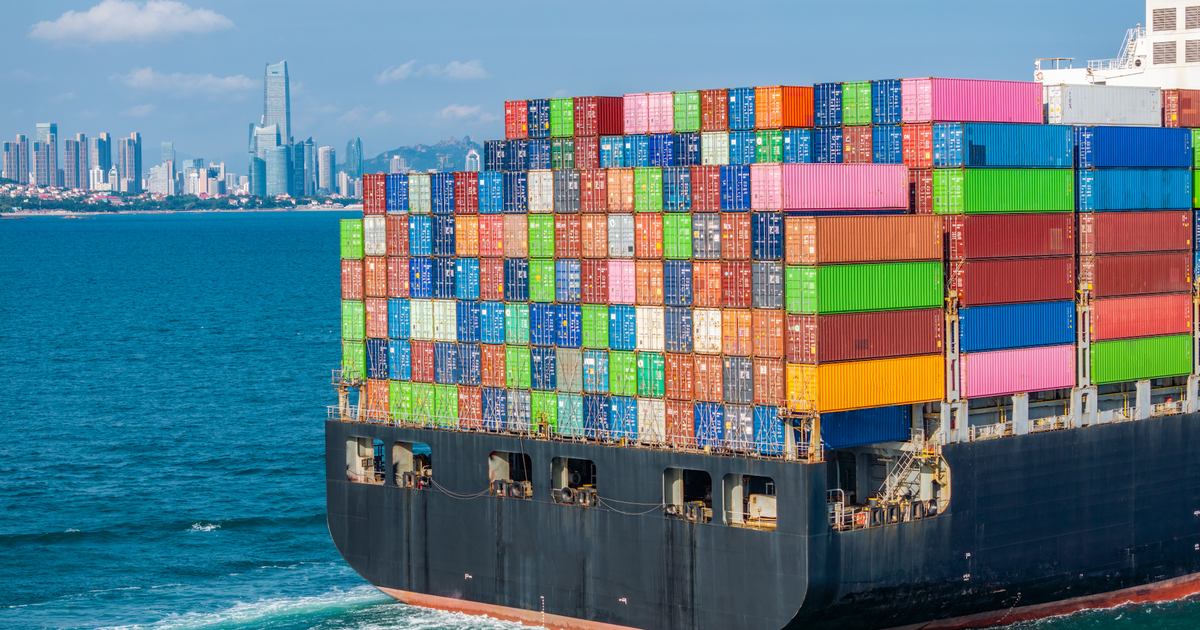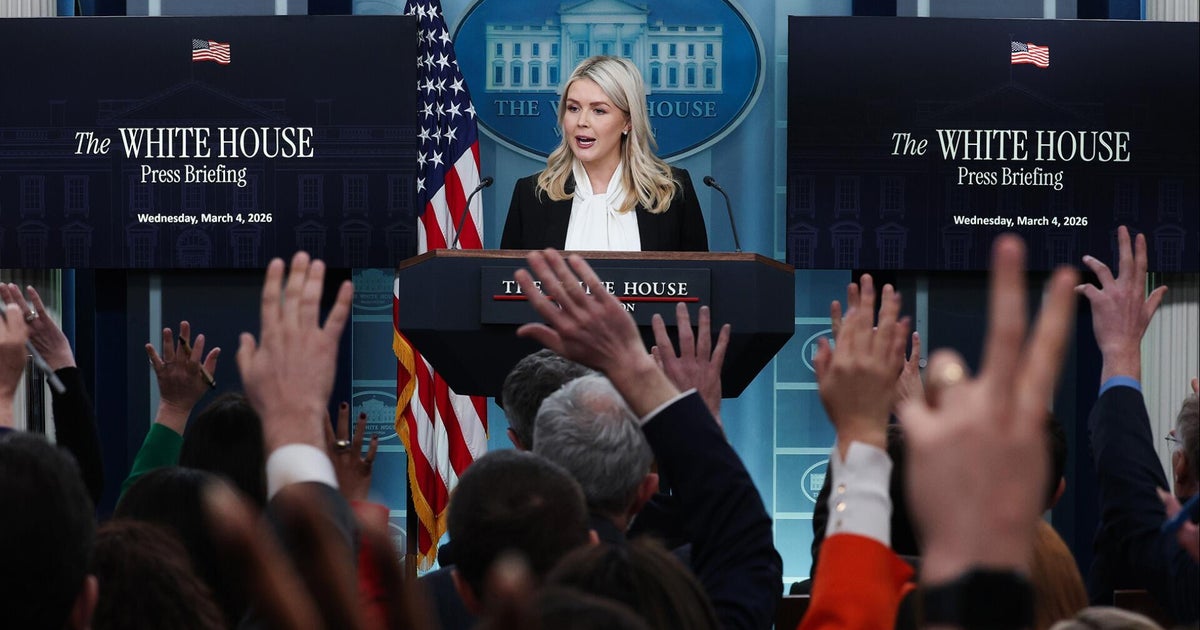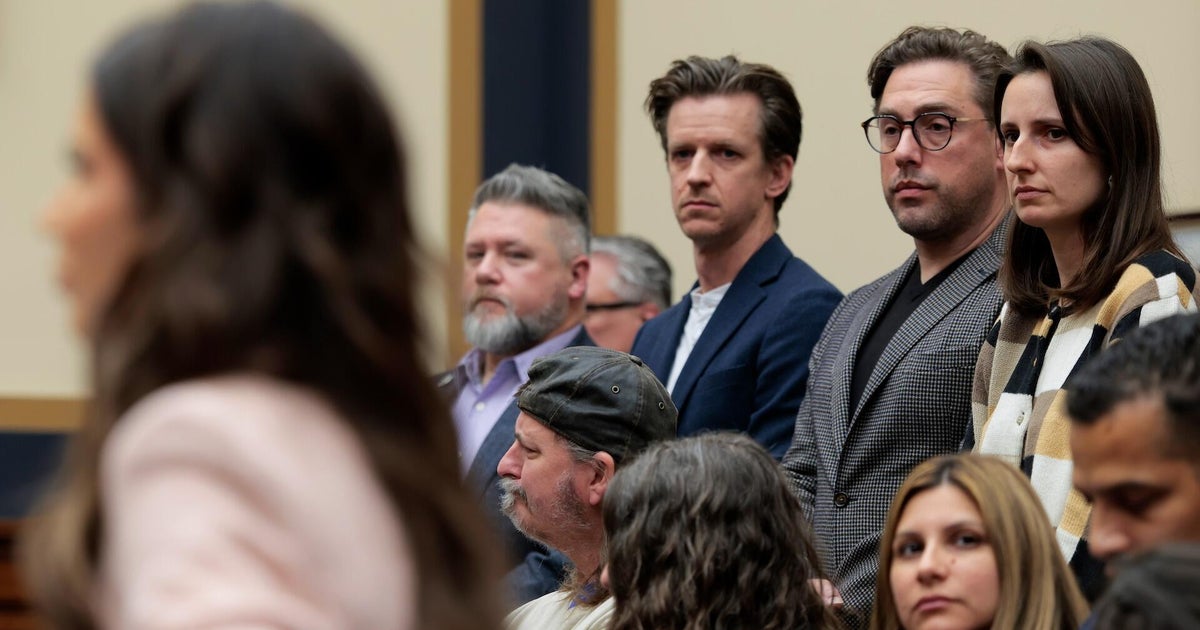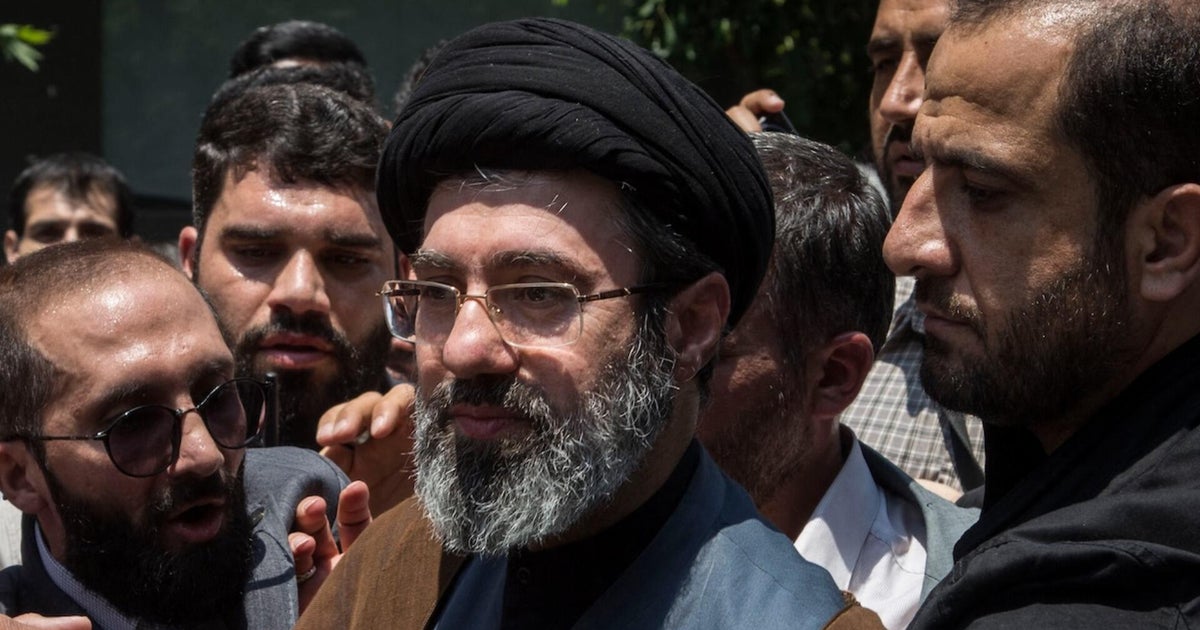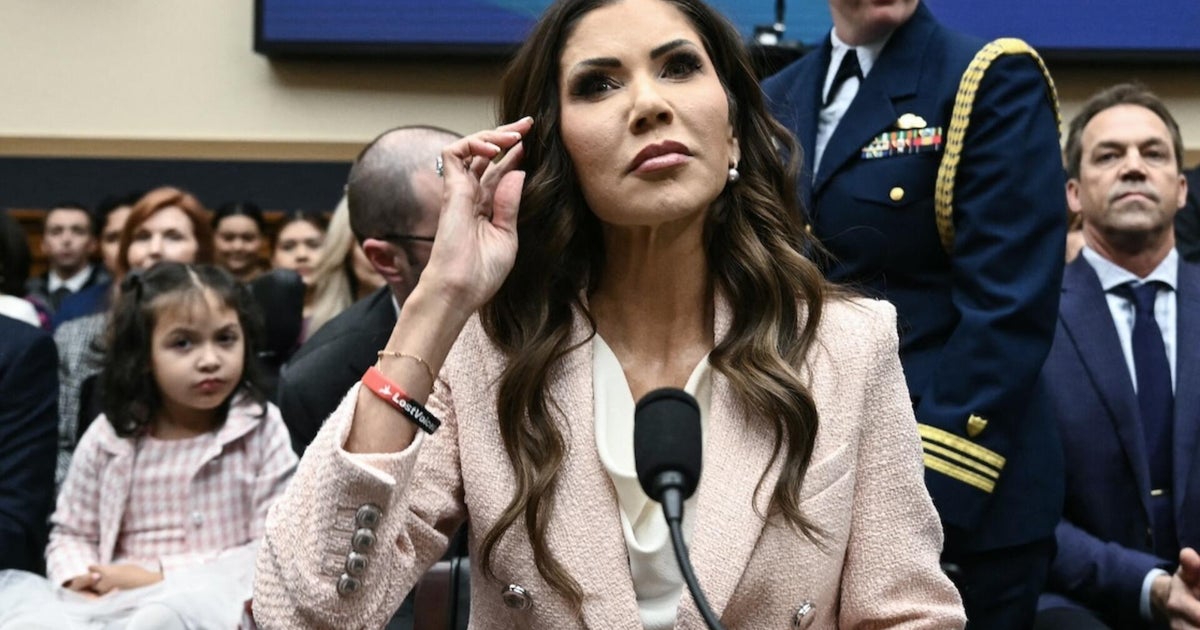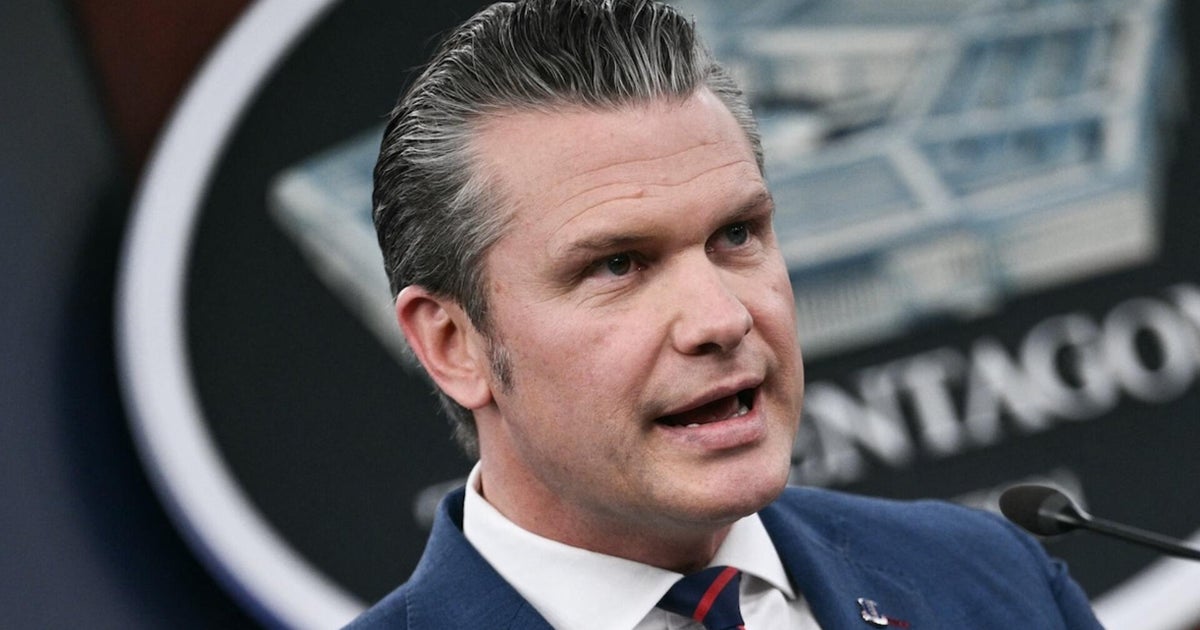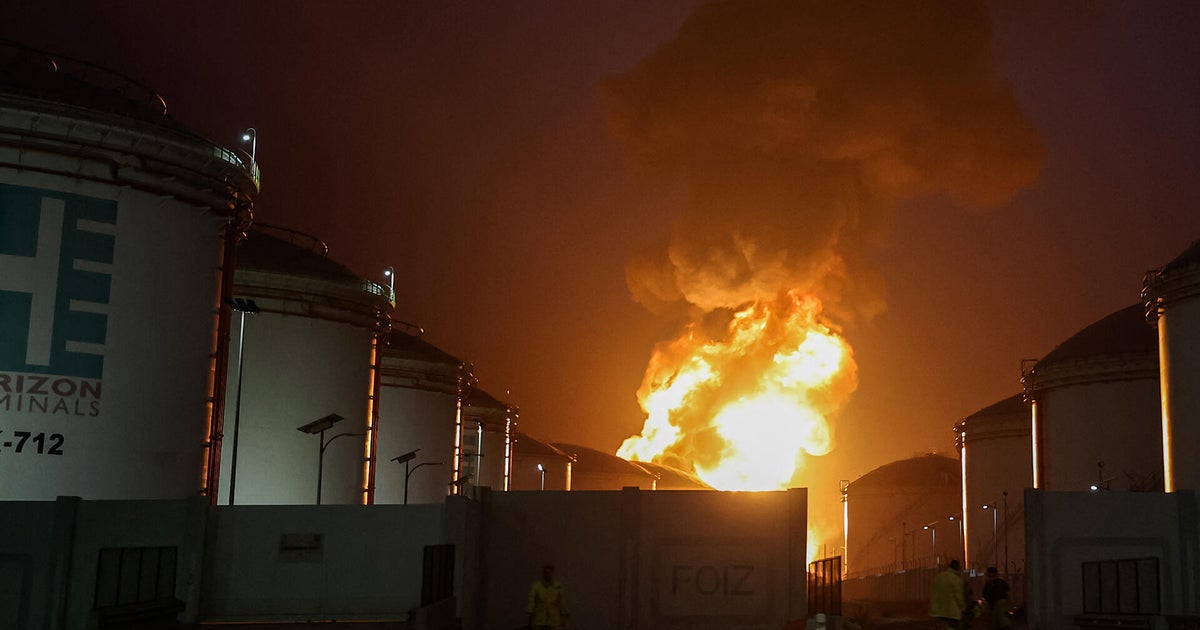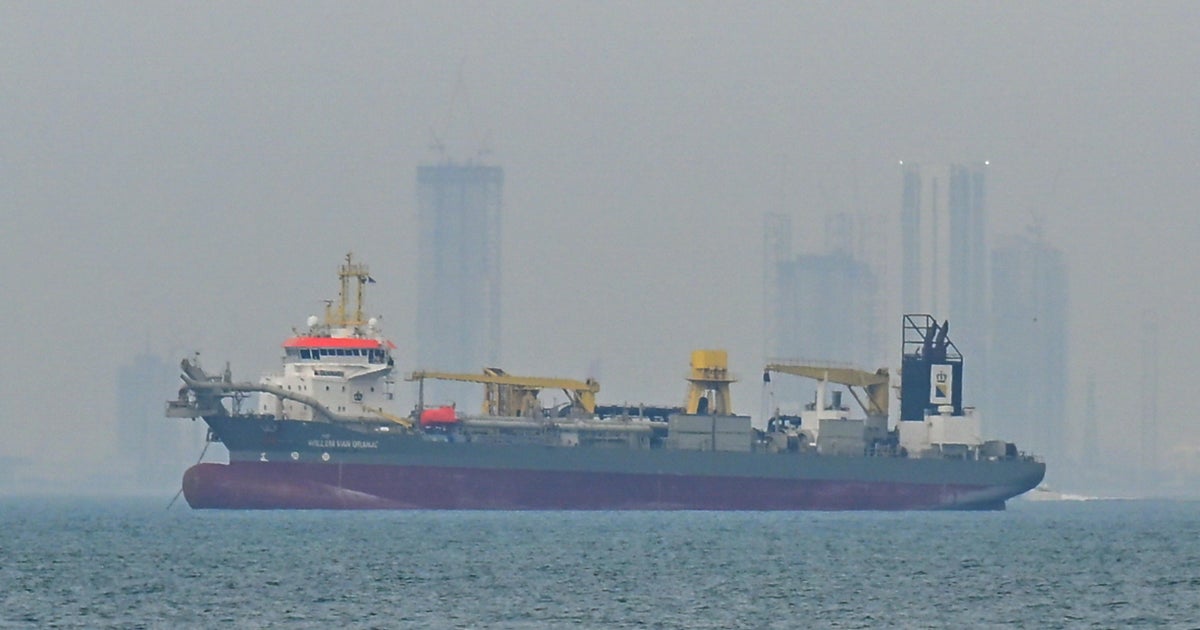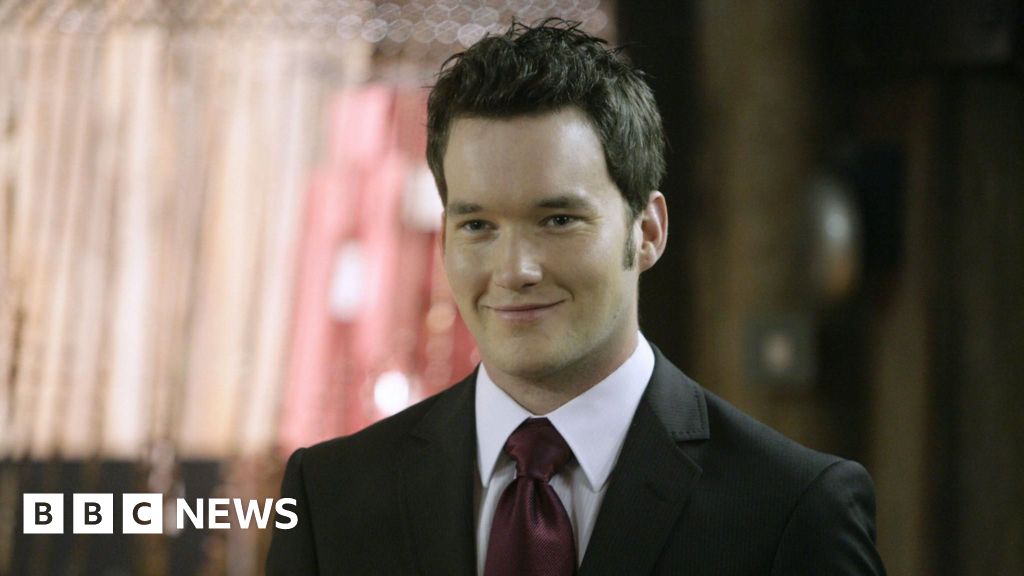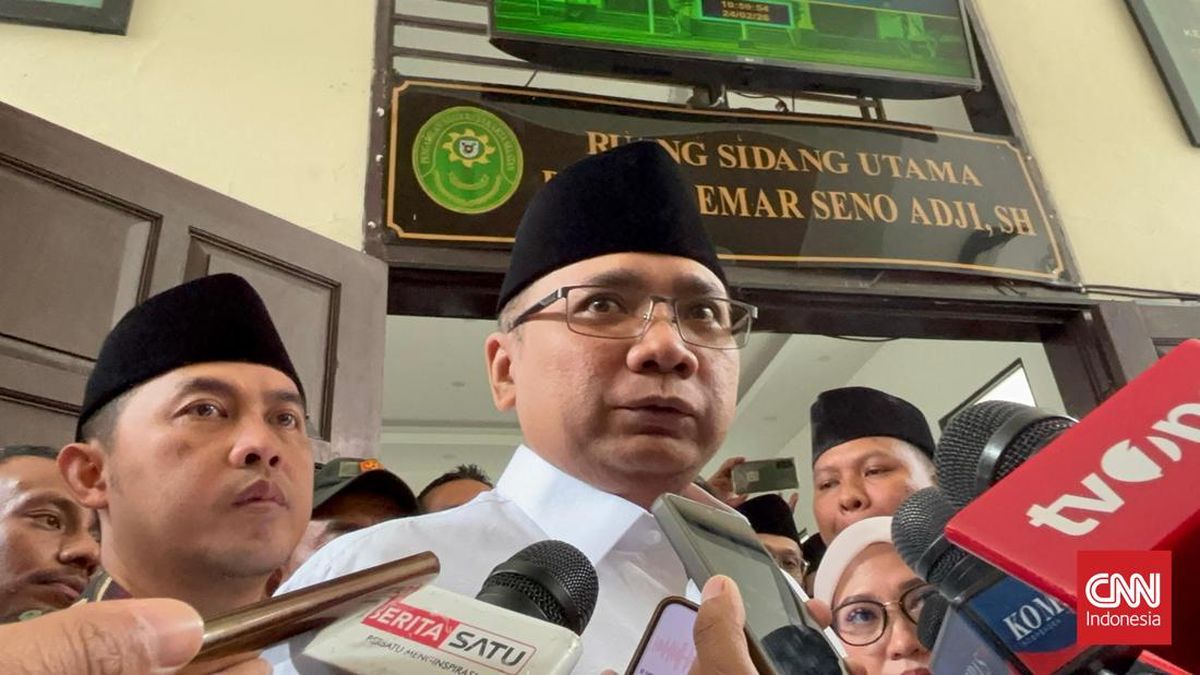Opinion
November 23, 2025 — 1.37pm
November 23, 2025 — 1.37pm
Lindsay Tanner, the witty and very smart finance minister in the last Labor government, used to have a saying about politics: in this game, everyone exaggerates everything all the time. That applies as much to journalists as to the politicians themselves: if it isn’t dramatic, it isn’t news.

Sussan Ley with Nationals Leader David Littleproud. The Coalition - and the Liberal Party - are united. Credit: Edwina Pickles
I was reminded of Tanner’s sardonic joke when, last Wednesday, The Australian Financial Review splashed with the headline “Shaky Liberals fear party split”. Not to be outdone, the following day in the Murdoch tabloids, Samantha Maiden opined: “There’s open discussion over whether the party will split after the net zero fight.”
It won’t.
This is not to deny that the Liberal Party is in a terrible mess at the moment. Nor is it to underestimate the grief and frustration, particularly among city-based Liberals, about the party’s decision to follow the National Party in abandoning the net zero target (which, it should be remembered, had been the policy of both parties since 2021). But the fact that there may be deep differences about a particular policy is a very long way from a split.
In its 81-year history, the Liberal Party has never split. It has navigated its way through plenty of deeply divisive issues, and emerged battle-weary but intact. At most, there has been fraying at the margin, such as when Malcolm Fraser’s dumped health spokesman, Don Chipp, quit to form the Australian Democrats. It has happened to the National Party too: when I was first a senator, Bob Katter still sat in the Coalition party room. So did the far-right Liberal Cory Bernardi, who left to form the Conservative Party and was never heard of again. The departure of a disgruntled colleague is not a split. On the net zero issue, not a single coalition MP or senator has walked, even if many are very unhappy.
Some of the disputes the Liberal Party has lived through have been about issues much more fundamental than whether the party should adopt a far-away climate target. Throughout the 1980s, the party rethought its entire approach to economic policy, as the so-called “dries”, led by John Howard, waged a successful battle to upend the economic orthodoxy inherited from the Menzies and Fraser years. That was an issue of vastly deeper significance than current differences about climate policy; it went to the very heart of Liberal Party ideology.
Labor, too, has had to deal with issues which profoundly divided it: from abandoning its long-standing commitment to the White Australia policy in the 1960s, to the privatisation of Commonwealth assets in the 1980s, to reversing its position on border protection in the early 2000s.
Politics is about making hard choices. The harder the choice, the more conflicted the argument. That is not political failure; it is what politics is. In the end, it is the resolution that matters most. Nothing is more enervating for a political party than a continuing inability to resolve a divisive issue. Once the dispute is behind it, the politics change completely.
Whether you think the decision on net zero was the right one or, like me, think it was a serious error, it opens a clear point of difference with the government. While some individual backbenchers may criticise the new direction, the front bench will unite behind it. With the next election nearly two and a half years away, it is way too early to predict which issue – the importance of more aggressive climate action, or the higher cost of electricity – will have greater resonance with the electorate. The decision also means that the risk of a damaging split between the Liberal and National parties has been averted.
For as long as the daily news has been about coalition divisions or Liberal Party splits, the opposition has been unable to get clear air. Climate policy has been the principal source of its internal woes. With that issue now settled, it can stop talking about itself and focus on the government.
Loading
Other issues coming down the track – in particular, immigration – are not likely to be so internally divisive: I don’t know anyone in the Liberal “broad church” who doesn’t agree that migration rates are way too high. Of course, it matters how the debate is conducted – and who conducts it. There are some on the party’s right who make little attempt to hide the fact that they are One Nation wannabes. Such people are toxic to metropolitan, multicultural Australia. But sensible, considered frontbenchers like the opposition immigration minister Paul Scarr can be relied on to get the tone right.
Sussan Ley’s colleagues cannot have failed to notice how well she handled herself last week as she managed the policy U-turn – always a tricky manoeuvre. For instance, her interview with Sarah Ferguson on ABC’s 7.30 was masterful. She remained utterly calm and unfazed as she was spoken over no fewer than 35 times (about once every 12 seconds). Later in the week, Ley made a heavyweight contribution to national security policy when she delivered the Menzies Lecture.
The fact that her leadership remains under pressure is hardly news, particularly for a party in opposition. The Liberal Party had five leadership changes during the Hawke/Keating government. Labor changed leaders four times in the Howard years. Leadership tension is not an existential crisis; it is politics as usual.
Last week, as headlines screamed the rapidly ageing story of a split on net zero, Liberals in the two biggest states elected new leaders – capable, articulate, modern women, each of whom bring a fresh new image to a weary, blokey party. As they try to put the climate wars behind them, their federal colleagues should take note.
George Brandis is a former high commissioner to the UK, and a former Liberal senator and federal attorney-general. He is now a professor at the ANU’s National Security College.
The Opinion newsletter is a weekly wrap of views that will challenge, champion and inform your own. Sign up here.
Most Viewed in National
Loading

